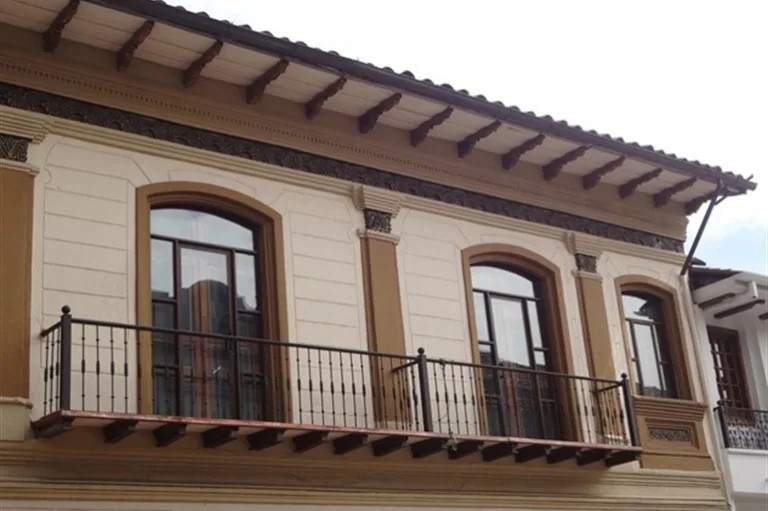New evidence of short-lived Covid-19 immunity is an added challenge for vaccine development
Emerging evidence that the body’s immune defense against COVID-19 may be short-lived makes it even harder for vaccine developers to come up with shots fully able to protect people in future waves of infection, scientists said on Tuesday.

A volunteer takes part in a clinical trial of a new COVID-19 vaccine in Moscow.
Preliminary studies in China, Germany, Britain and elsewhere have found that patients infected with the novel coronavirus make protective antibodies as part of their immune system’s defenses, which last only a few months.
“Most people make them [antibodies], but often they can wane rather rapidly, suggesting there could be little immunity,” said Daniel Altmann, a professor of immunology at Imperial College London.
That raises big problems for developers of potential COVID-19 vaccines, experts say – and for public health authorities seeking to deploy them to protect populations from future waves of the pandemic.
“It does mean that the over-reliance on a vaccine [to control the pandemic] is not wise,” said Stephen Griffin, a Leeds University associate professor of medicine. To be truly effective, COVID-19 vaccines “will either need to generate stronger and longer lasting protection… or they may need to be given regularly,” he said.
More than 100 research teams and companies around the world are seeking to develop vaccines against COVID-19, and at least 17 are already in human trials to test efficacy.
A preclinical trial in pigs of AstraZeneca’s COVID-19 vaccine showed that two doses produced a greater antibody response than a single dose.
There is no data from any human trials showing whether any protective antibody immune response would be strong and long-lasting enough.
___________________
Credit: Global Times





















